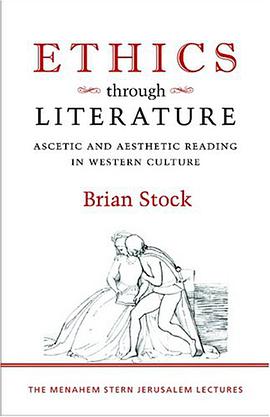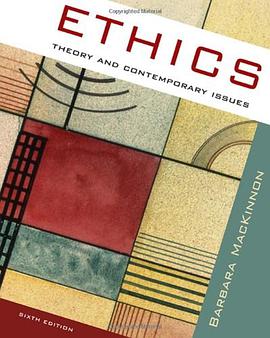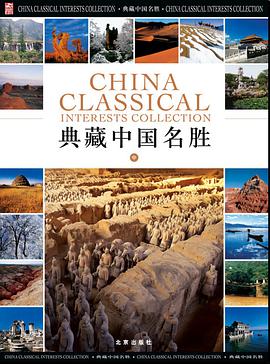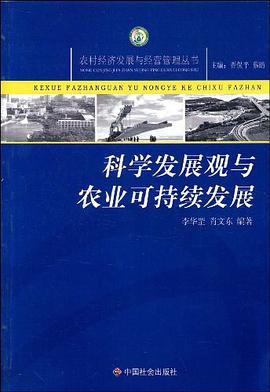

具体描述
Why do we read? Based on a series of lectures delivered at the Historical Society of Israel in 2005, Brian Stock presents a model for relating ascetic and aesthetic principles in Western reading practices. He begins by establishing the primacy of the ethical objective in the ascetic approach to literature in Western classical thought from Plato to Augustine. This is understood in contrast to the aesthetic appreciation of literature that finds pleasure in the reading of the text in and of itself. Examples of this long-standing tension as displayed in a literary topos, first outlined in these lectures, which describes "scenes of reading," are found in the works of Peter Abelard, Dante, and Virginia Woolf, among others. But, as this original and often surprising work shows, the distinction between the ascetic and aesthetic impulse in reading, while necessary, is often misleading. As he writes, "All Western reading, it would appear, has an ethical component, and the value placed on this component does not change much over time." Tracing the ascetic component of reading from Late Antiquity through the Renaissance and beyond, to Coleridge and Schopenhauer, Stock reveals the ascetic or ethical as a constant with the aesthetic serving as opposition, parallel force, and handmaiden, underscoring the historical consistency of the reading experience through the ages and across various media.
作者简介
目录信息
读后感
评分
评分
评分
评分
用户评价
相关图书
本站所有内容均为互联网搜索引擎提供的公开搜索信息,本站不存储任何数据与内容,任何内容与数据均与本站无关,如有需要请联系相关搜索引擎包括但不限于百度,google,bing,sogou 等
© 2025 book.wenda123.org All Rights Reserved. 图书目录大全 版权所有




















